Garage floors are subjected to heavy use, spills, stains, and constant foot and vehicle traffic. To protect and enhance the durability and appearance of your garage floor, applying a proper coating is essential. There are several popular garage floor coating options available, each with its own set of advantages and disadvantages. In this article, we’ll explore the pros and cons of some popular garage floor coating options to help you make an informed decision.
Epoxy Coatings
Epoxy coatings are one of the most popular choices for garage floors due to their durability, chemical resistance, and aesthetic appeal. Here are the pros and cons:
Pros:
- Durability: Epoxy coatings create a tough and resilient surface that can withstand heavy traffic, impacts, and abrasions. They can protect the underlying concrete from damage caused by chemicals, oil spills, and stains.
- Chemical Resistance: Epoxy coatings are highly resistant to chemicals, making them suitable for garages where oil, gasoline, and other fluids are commonly spilled. They prevent these substances from penetrating the concrete and causing long-term damage.
- Aesthetic Appeal: Epoxy coatings are available in a variety of colors, patterns, and finishes, allowing you to customize the appearance of your garage floor. They create a glossy and professional-looking surface that can enhance the overall aesthetics of your garage.
- Easy to Clean: Epoxy-coated floors are smooth and seamless, making them easy to clean. Most spills can be wiped up with a damp cloth or mop, and the glossy surface resists stains, dust, and dirt buildup.
Cons:
- Preparation is Key: Proper surface preparation is crucial for the successful application of epoxy coatings. The concrete must be clean, dry, and free of any cracks or imperfections. Failure to prepare the surface adequately can result in poor adhesion and premature coating failure.
- Complex Application: Applying epoxy coatings requires careful mixing and precise application techniques. It may involve multiple coats and can be time-consuming, especially for large garage areas. Inexperienced DIYers may struggle with achieving a professional finish.
- Limited UV Resistance: Standard epoxy coatings are not UV resistant and can fade or yellow when exposed to direct sunlight over time. For garages with significant sunlight exposure, it’s recommended to use UV-resistant epoxy coatings or apply a protective topcoat.
Polyaspartic Coatings
Polyurea and polyaspartic coatings are gaining popularity for garage floors due to their fast curing time and high-performance properties. Let’s look at the pros and cons:
Pros:
- Rapid Cure Time: Polyurea and polyaspartic coatings cure quickly, often within a few hours. This allows for faster installation and reduces downtime, making them ideal for those who need their garage back in operation quickly.
- Excellent Durability: These coatings offer exceptional durability, with high resistance to impacts, abrasions, and chemical spills. They can handle heavy traffic and provide long-lasting protection to the garage floor.
- UV Stability: Polyurea and polyaspartic coatings have superior UV stability compared to epoxy coatings. They resist yellowing or fading when exposed to sunlight, making them suitable for outdoor areas or garages with significant natural light.
- Temperature Tolerance: These coatings can withstand extreme temperature fluctuations without cracking or peeling. They remain flexible and maintain their integrity even in hot or cold conditions.
Cons:
- Professional Application Required: Polyurea and polyaspartic coatings require professional installation due to their fast-curing nature and complex application process. The quick cure time leaves little room for error, and precise mixing and application techniques are crucial for a successful and long-lasting finish.
- Higher Cost: Polyurea and polyaspartic coatings tend to be more expensive than epoxy coatings. The advanced technology and superior performance come at a higher price point, which may be a consideration for those on a tight budget.
- Limited DIY Options: Due to the complex application process and specialized equipment required, DIY installation of polyurea and polyaspartic coatings is challenging. It’s best to hire professional installers with experience in these coatings to ensure a proper and flawless application.
Conclusion
Choosing the right garage floor coating option requires careful consideration of your specific needs and preferences. Epoxy coatings offer exceptional durability, chemical resistance, and aesthetic appeal, but require proper surface preparation and application skills. Polyurea and polyaspartic coatings provide fast curing times, high-performance properties, and UV stability, but are typically more expensive and require professional installation. Concrete stains offer versatility in design and low maintenance, but may lack the same level of protection as coatings.
Evaluate the pros and cons of each option, considering factors such as budget, desired aesthetics, durability requirements, and DIY capabilities. Consult with professionals in the industry to determine the best garage floor coating solution that meets your needs.
Unlock the potential of your garage floor with the right coating option, and enjoy a durable, visually appealing, and functional space for your vehicles and activities.

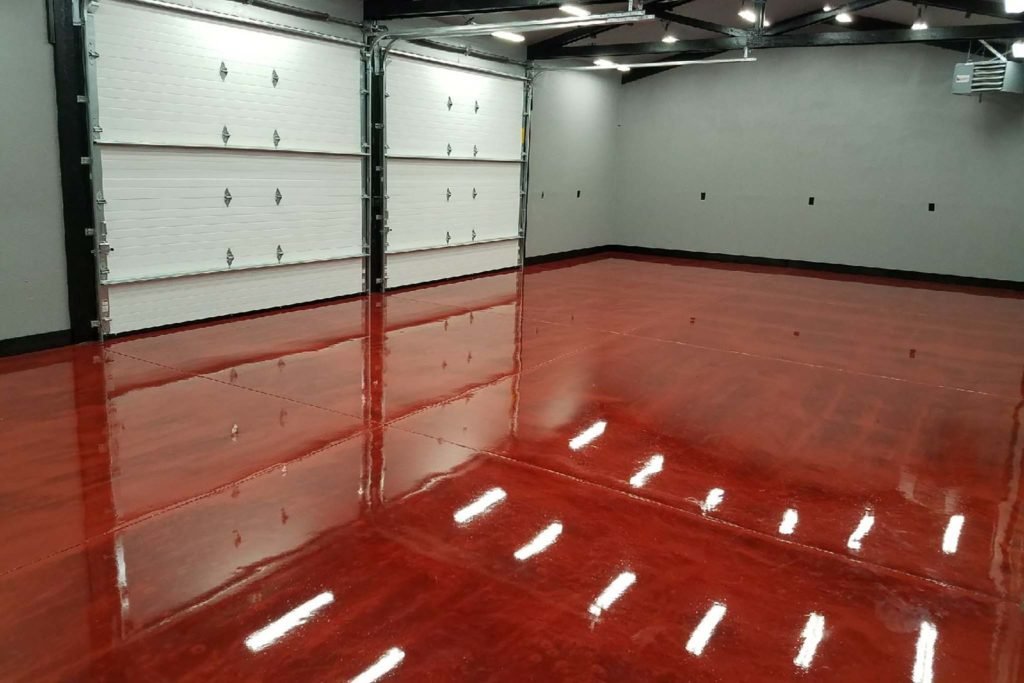
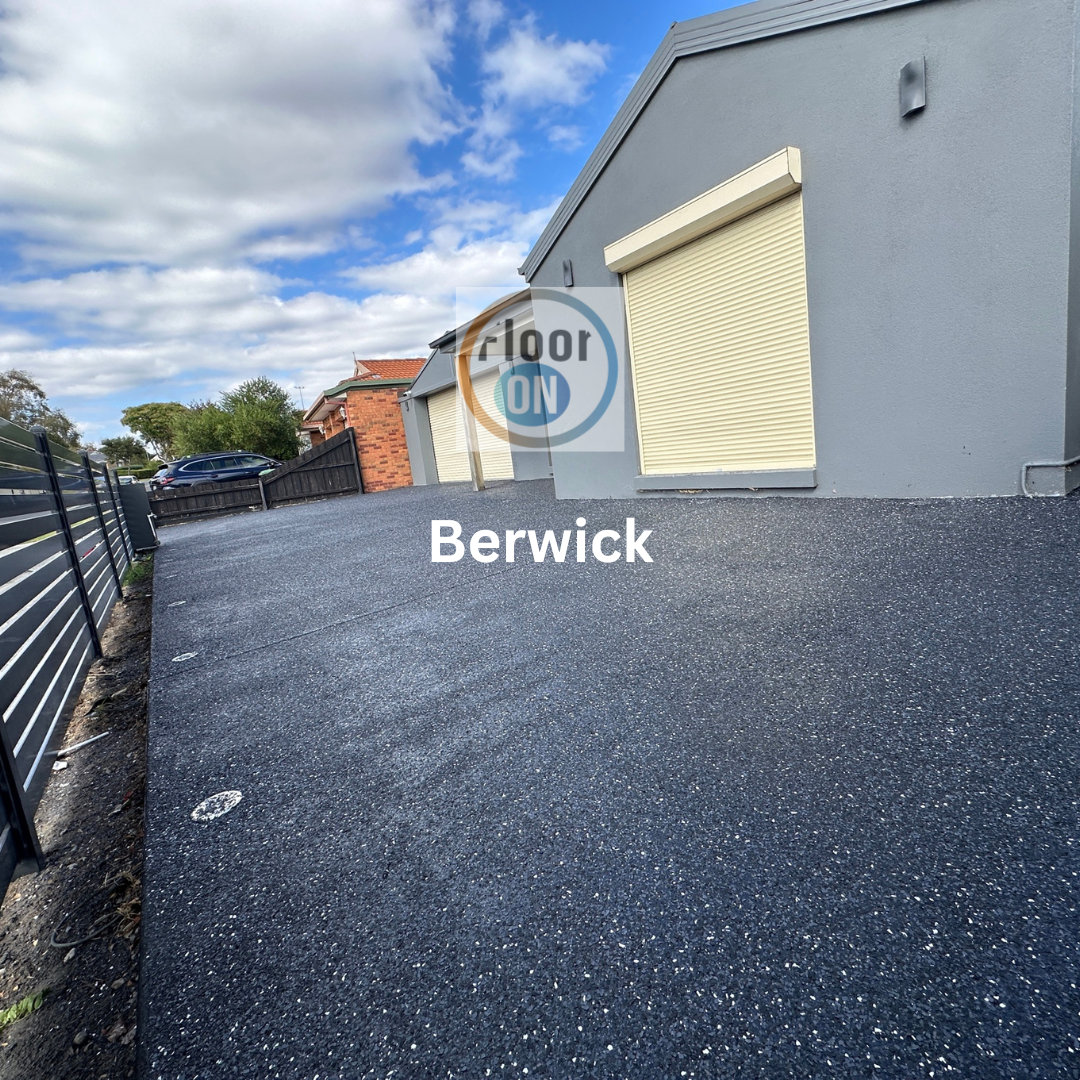

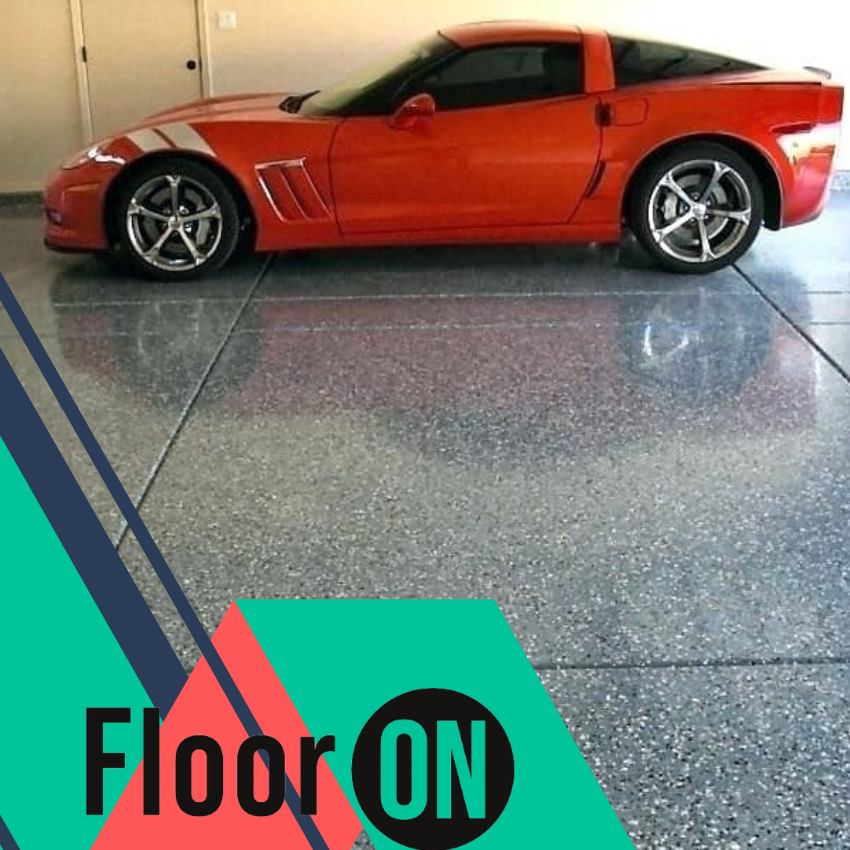
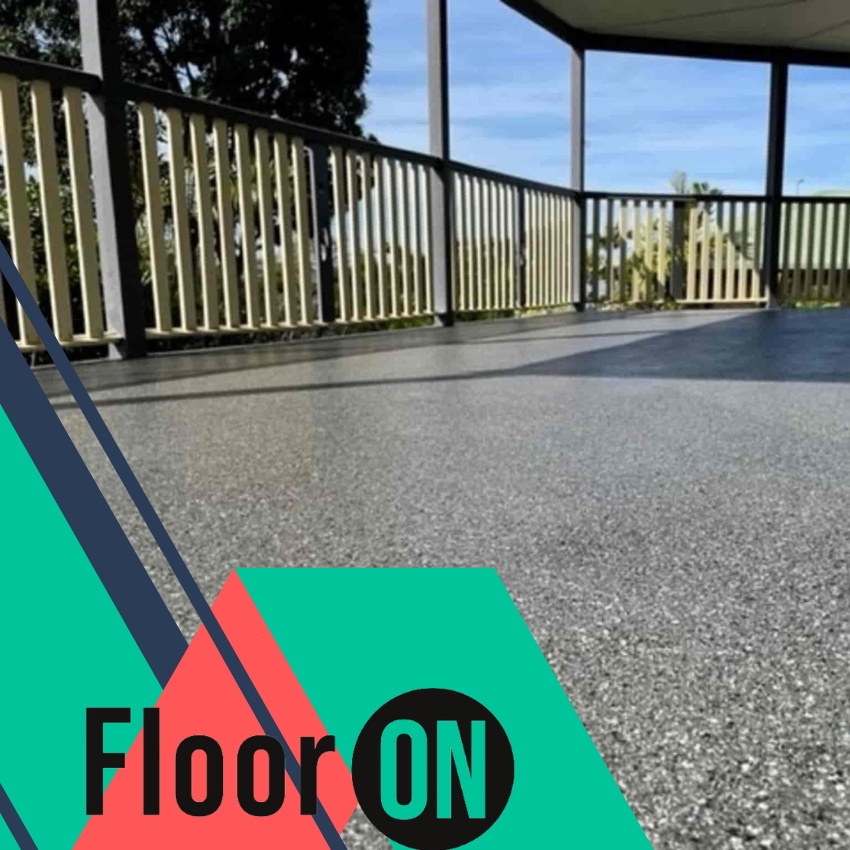
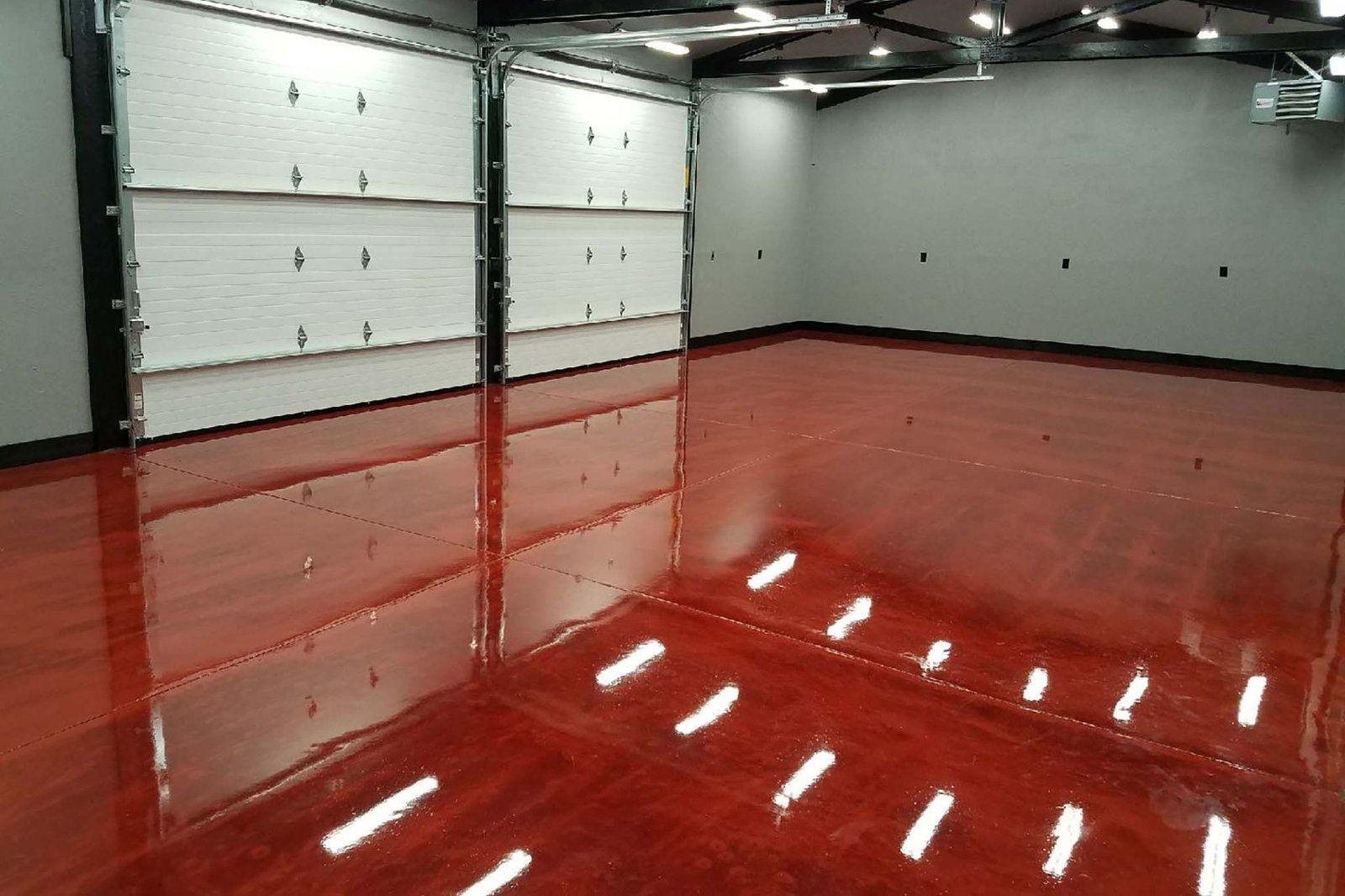
One Response
There is certainly a great deal to find out about this subject. I love all of the points you’ve made.